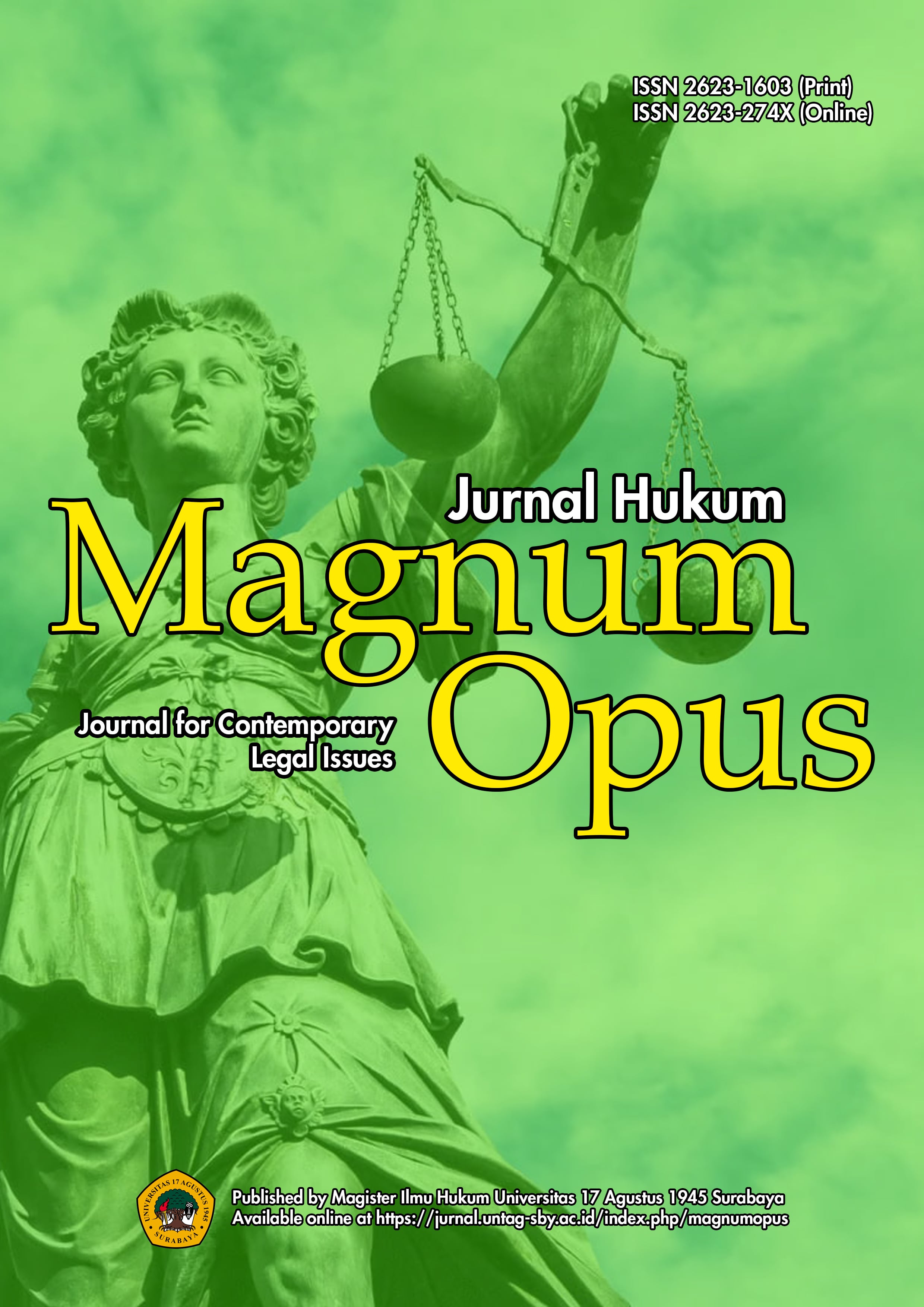Open Legal Policy: Testing Practices and Limitations by the Constitutional Court
DOI:
https://doi.org/10.30996/jhmo.v8i2.131863Keywords:
open legal policy, constitutional court, judicial reviewAbstract
The Constitutional Court in its various decisions has not granted a petition on the grounds of open legal policy. Open legal policy is always identical to numbers, for example, term of office, parliamentary threshold, etc. Therefore, the purpose of this study is to examine and analyze the practice of testing legal norms that are open legal policy by the Constitutional Court and to examine and analyze the limitations of testing legal norms that are open legal policy by the Constitutional Court. The research method used in this study is legal research with a statutory, conceptual, and case approach. The results of this study indicate that the practice of testing legal norms that are open legal policy has been going on since the Constitutional Court was established. The provisions of legal norms that are open legal policy are essentially the absolute domain of the legislators so that other state institutions cannot change these provisions. However, under certain conditions the Constitutional Court can change these provisions as long as the norms clearly violate morality, rationality, and intolerable injustice; exceed the authority of the legislators; are part of the abuse of authority; cause institutional problems and lead to legal deadlock; are contrary to political rights; and are contrary to the principle of people's sovereignty.Downloads
Download data is not yet available.
Downloads
Published
2025-08-02
Issue
Section
Articles
License
Authors who publish with Jurnal Hukum Magnum Opus agree to the following terms:
- Authors transfer the copyright and grant the journal right of first publication with the work simultaneously licensed under a Creative Commons Attribution-ShareAlike 4.0 International License.. that allows others to share the work with an acknowledgement of the work's authorship and initial publication in this journal.
- Authors are able to enter into separate, additional contractual arrangements for the non-exclusive distribution of the journal's published version of the work (e.g., post it to an institutional repository or publish it in a book), with an acknowledgement of its initial publication in this journal.
- Authors are permitted and encouraged to post their work online (e.g., in institutional repositories or on their website) prior to and during the submission process, as it can lead to productive exchanges, as well as earlier and greater citation of published work (See The Effect of Open Access)













